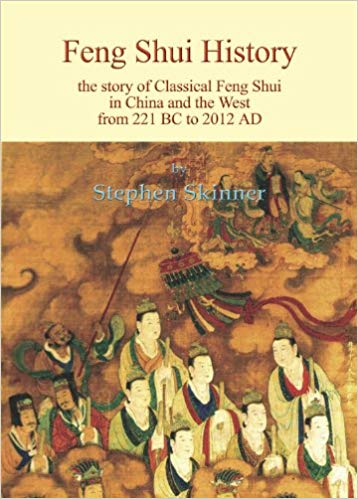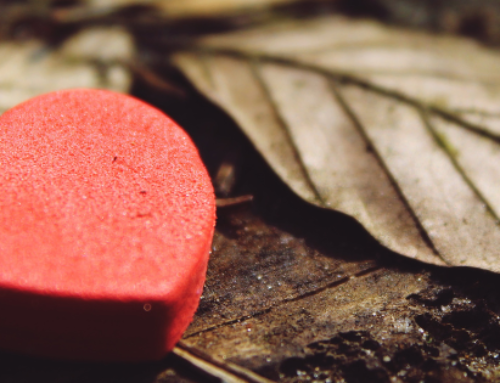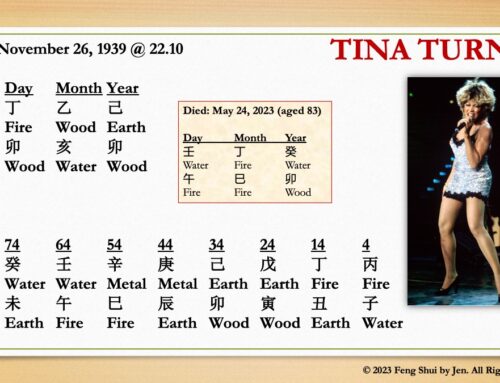Feng Shui History: The Story of Classical Feng Shui in China and the West from 221 BC to 2012 AD, by Dr. Stephen Skinner, is a must-read for anyone who is studying, practicing, or curious about Classical Feng Shui. For years, I have been recommending this book to students to complement their studies. Though not a technical reference book like his many others, the historical account is beautifully outlined in comprehensive and chronological order, with details about the Luo Pan.
 As a history buff myself, I find this book written very easefully for any reader—even for those who may not be familiar with Feng Shui. The book chronicles the origin and source from the early history of Feng Shui, its subsequent evolution throughout China’s dynasties, the impact and calibration of formulas and techniques, and the influence it has on modern societies in Asian and Western countries. Skinner’s meticulously-researched writing gives Feng Shui a legitimate claim as a science, rather than as New Age hocus-pocus.
As a history buff myself, I find this book written very easefully for any reader—even for those who may not be familiar with Feng Shui. The book chronicles the origin and source from the early history of Feng Shui, its subsequent evolution throughout China’s dynasties, the impact and calibration of formulas and techniques, and the influence it has on modern societies in Asian and Western countries. Skinner’s meticulously-researched writing gives Feng Shui a legitimate claim as a science, rather than as New Age hocus-pocus.
In the introduction, Skinner writes, “My intention has always been to propagate accurate knowledge about Feng Shui, so that Feng Shui is seen as a practical rather than a mystical knowledge. Feng Shui is not a religion, but a discipline as precise in its practice as surveying or geography, and more precise in its application, calibration and formulae than many ‘soft’ Western sciences. My intention is to have Feng Shui understood as a scientific practice, one with repeatable results which can be reliably applied to all habitations to improve the lives of those living there, rather than as a mass of semi-mystical doctrines.”
Aside from the attractive book cover and eye-catching title, I knew from those early pages that I had found the right book that asserts and validate traditional Feng Shui as the most accurate, complete, and authentic system for deciphering, calculating, and understanding energy flow in spaces.
Skinner generously shares everything he knows about Feng Shui in this book. He is like a walking encyclopedia (or Wikipedia) on Feng Shui; and lucky for me, I get to pick the author’s brain whenever we have the opportunity to meet. This book is definitely not one of the “sexy Feng Shui books” that I discuss in my Feng Shui Fallacies article and lectures. Instead, it is a precious commodity that should be in everyone’s library.
To purchase your copy today, please visit www.sskinner.com.





